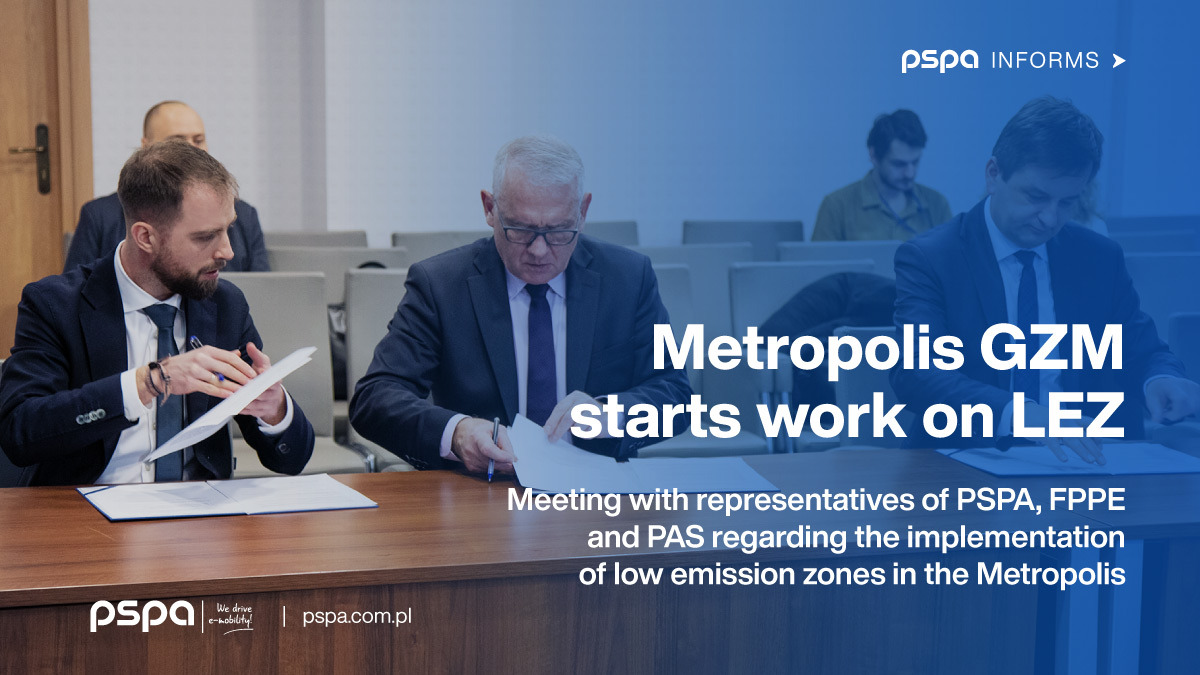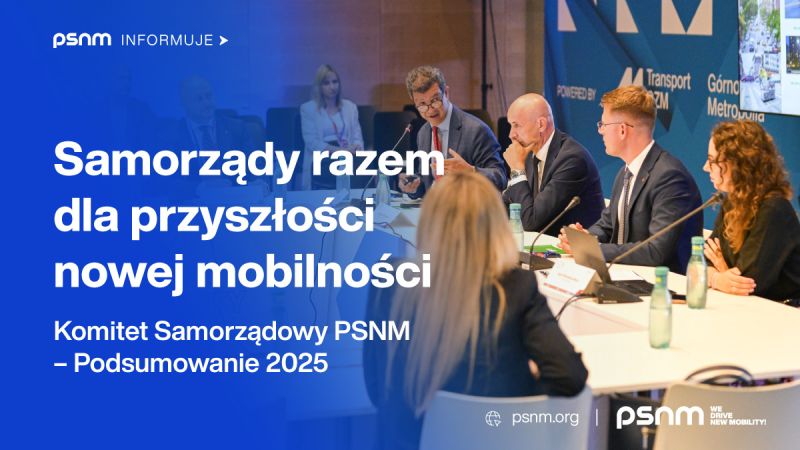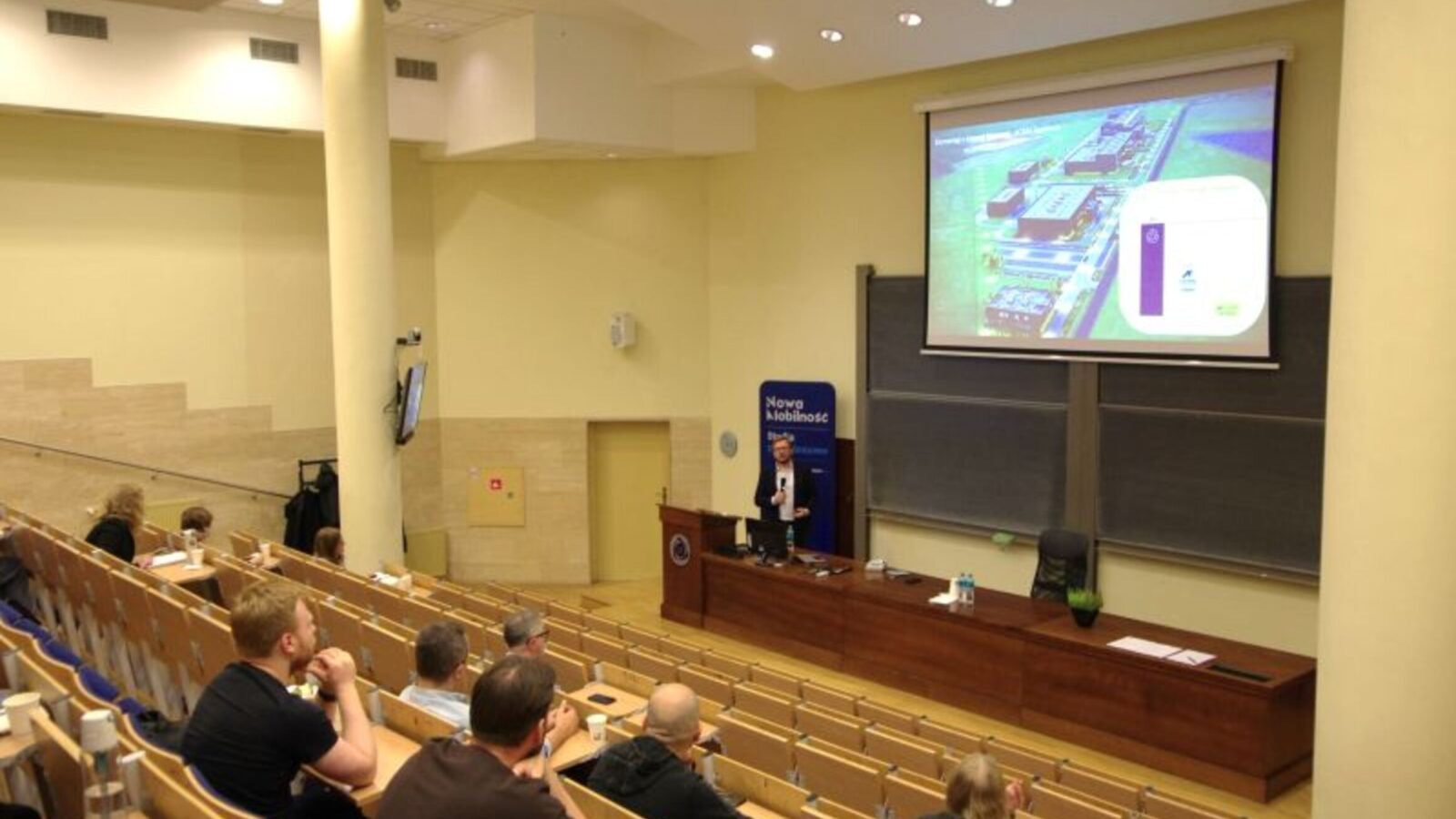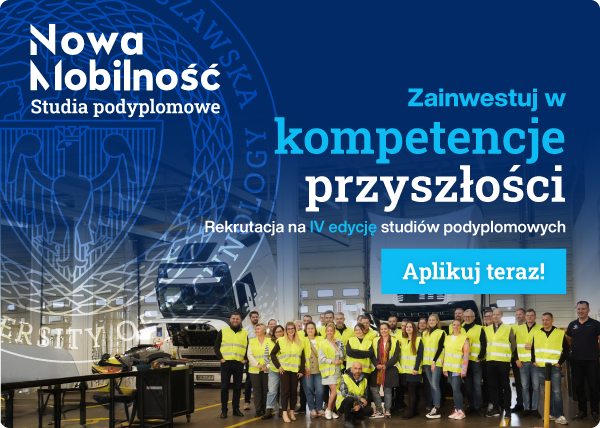Gliwice has recently become a signatory to a letter of intent alongside the Metropolis GZM, the Polish Alternative Fuels Association (PSPA), and the International Council on Clean Transportation (ICCT). This effort represents a continuation of the work towards implementing another Clean Transport Zone (CTZ) in Poland.
On 12 January 2023, a conference was held in Katowice to promote the importance of Clean Transport Zones. Among the distinguished guests there were representatives from cities where work on SCTs is already underway. These included Krakow, the first city in Poland to have implemented such a Zone, and Wrocław, which initiated preparations for introducing a low-emission area in 2022. PSPA representatives presented a proposal for actions in this respect, starting with the verification whether road transport pollution negatively affects human health and the environment in a municipality, followed by an analysis of the potential Zone area, determination of the categories of vehicles authorized to enter, implementation of an information and education campaign, establishment of the SCT, and evaluation of its operation.
Another city has started work on the Clean Transport Zone (CTZ)
During the conference, a letter of intent was signed. The signatories include Gliwice, the Metropolis GZM, the Polish Alternative Fuels Association, and the International Council on Clean Transportation.
The participants highlighted the leadership of Gliwice, the first city in the GZM region to begin analysing the fleet of vehicles on the city’s roads. Their results will guide further implementation of the Clean Transport Zone.
Europe as an example
During the workshop part of the conference, participants engaged in discussions about European examples and actions planned in particular cities. Experience in this area was gathered during the Zero Race – LEZ edition organized by PSPA. The aim was to familiarize Polish local government officials with the assumptions that were adopted when designing Clean Transport Zones that are already in operation in Europe, local conditions, the implementation process and project evaluation.
An increasing number of Clean Transport Zones
There are already over 300 Clean Transport Zones in Europe, and several hundred more will be created in the coming years. These zones are a response to the issue of urban air pollution, which is largely caused by the fossil fuel-based road transport sector. According to analyses by the Institute of Motor Transport (ITS), cars are responsible for around 10% of exceeded pollution levels on a national scale, but this number is significantly higher in the centres of large metropolitan areas, where it can reach up to 80%. As a consequence, air quality standards are regularly surpassed in over 70% of Polish cities, leading to the formation of smog. This state of affairs affects our health and life. Based on data from the World Health Organization, Poland has as many as 33 out of the 50 most polluted cities in the EU. According to the European Environmental Agency (EEA), even up to 46,300 people die prematurely every year in Poland due to smog.



